PROGRASS: Developing a holistic, interdisciplinary approach for an “Integrated Biomass and Carbon Management” – IBCM
While the RE-DIRECT project is nearing its end, there is still a lot of work ahead for many partners and numerous new stakeholders. In order to continue to pursue the findings from the project and the steps that have been started and to actually establish circular economies, several institutions have now come together as an association to continue to pursue this goal together even after RE-DIRECT:
PROGRASS – The European Network for a Circular Carbon Economy

Find out more about the new PROGRASS association via this link: https://prograss.eu/
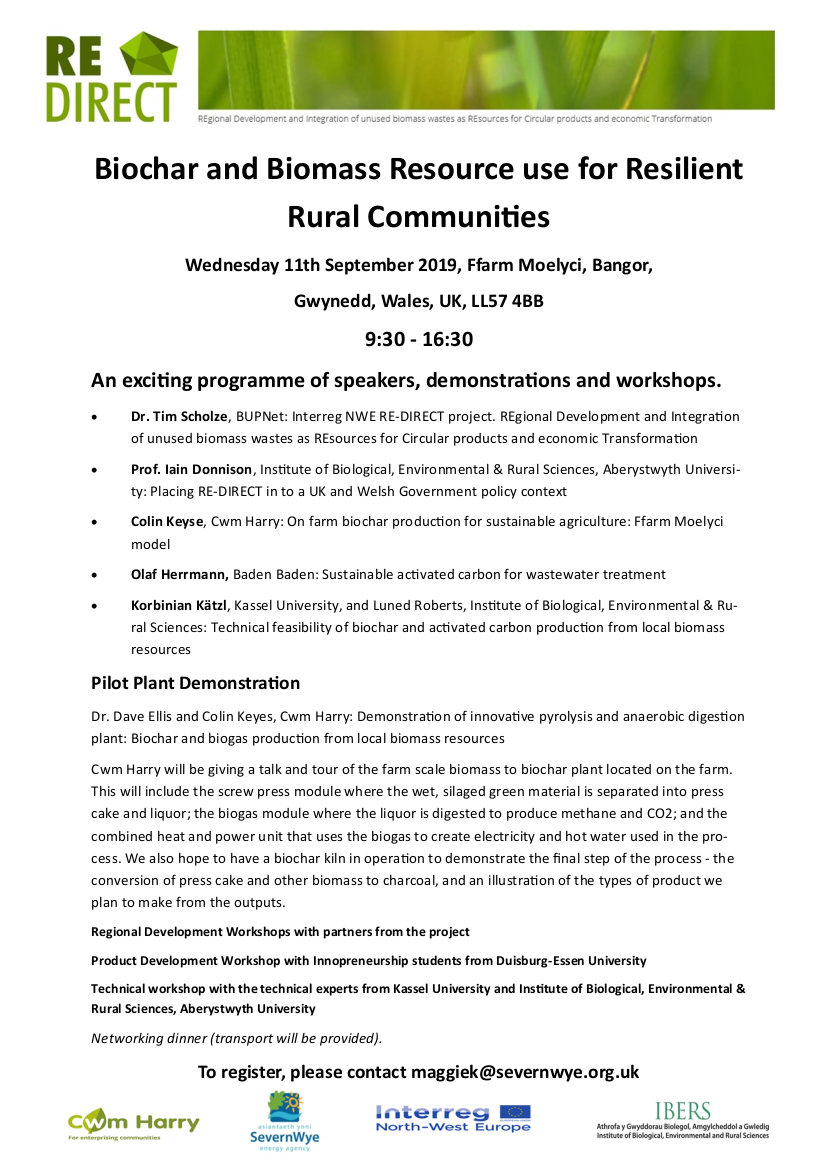
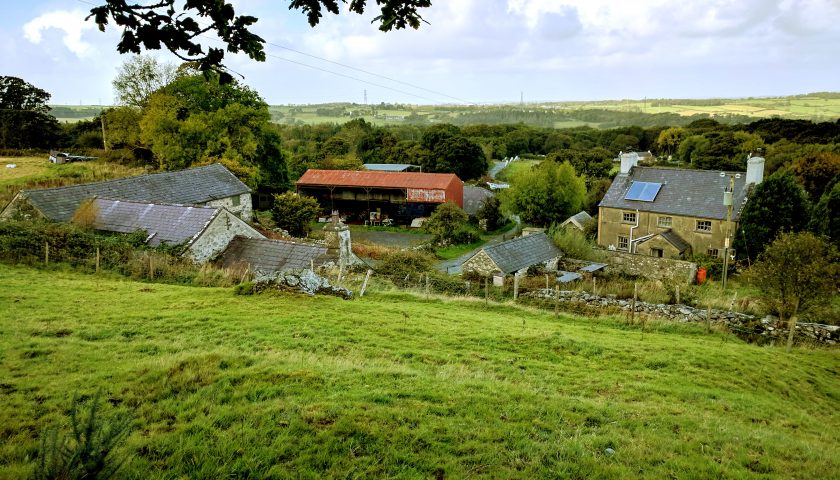
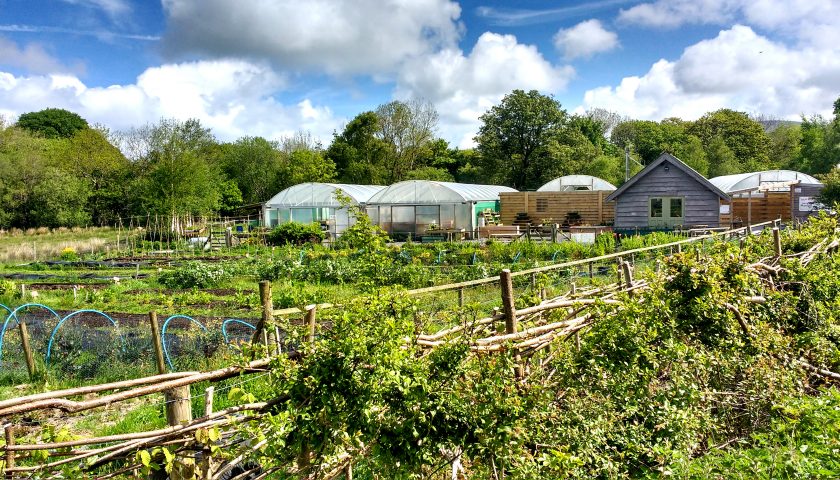
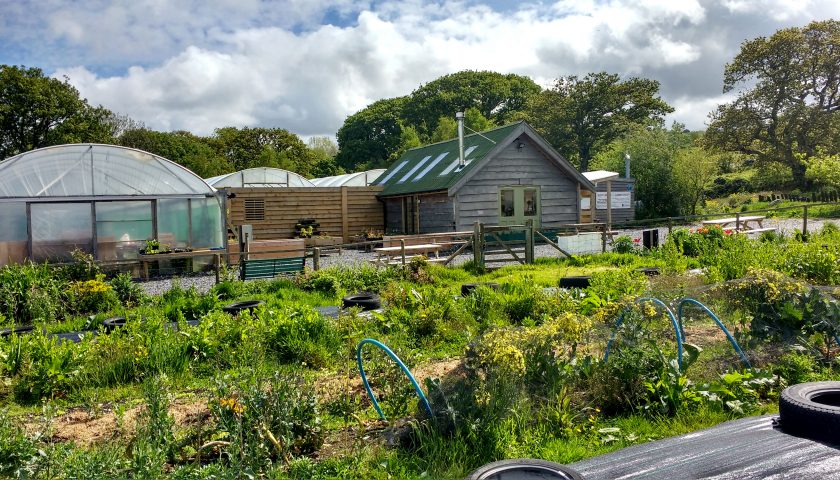
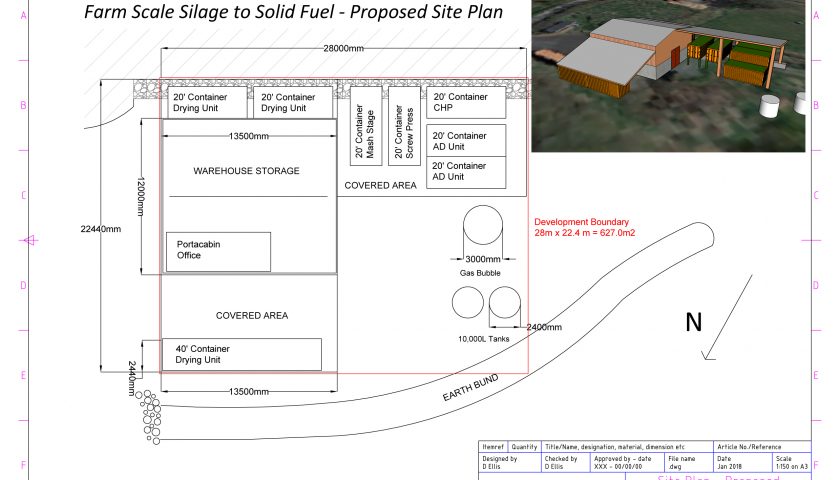
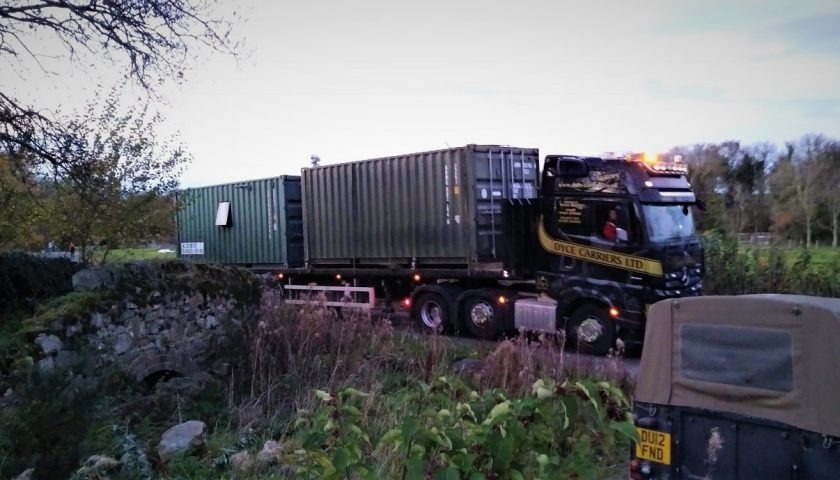
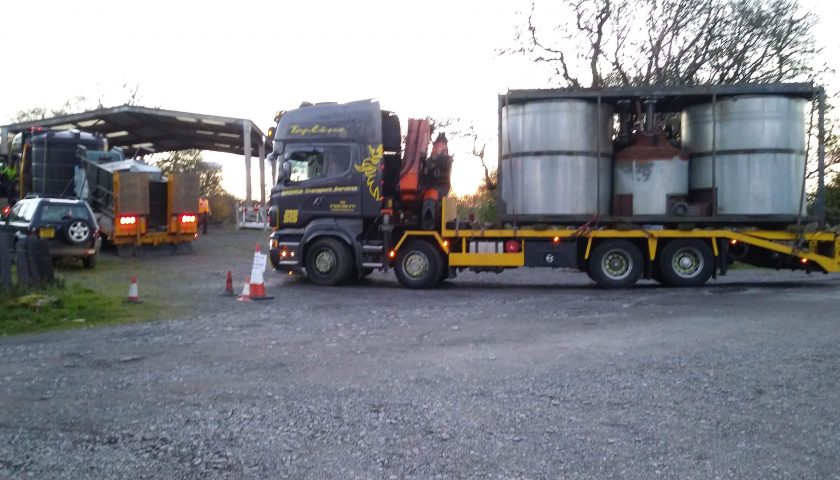
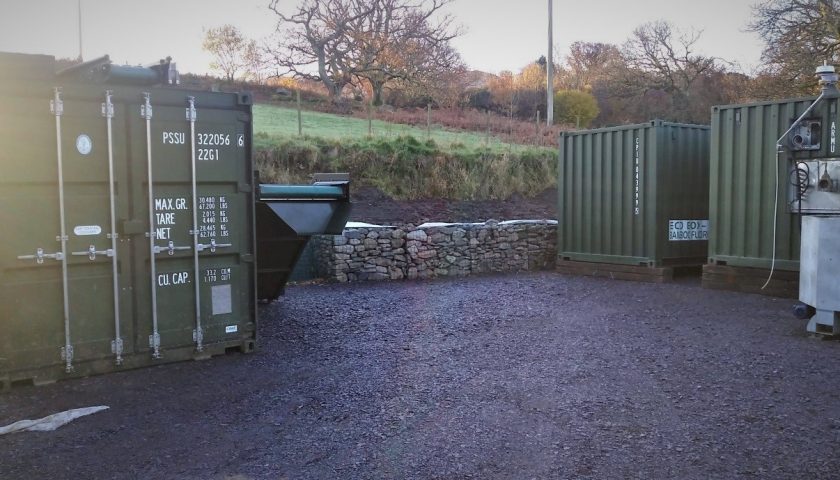
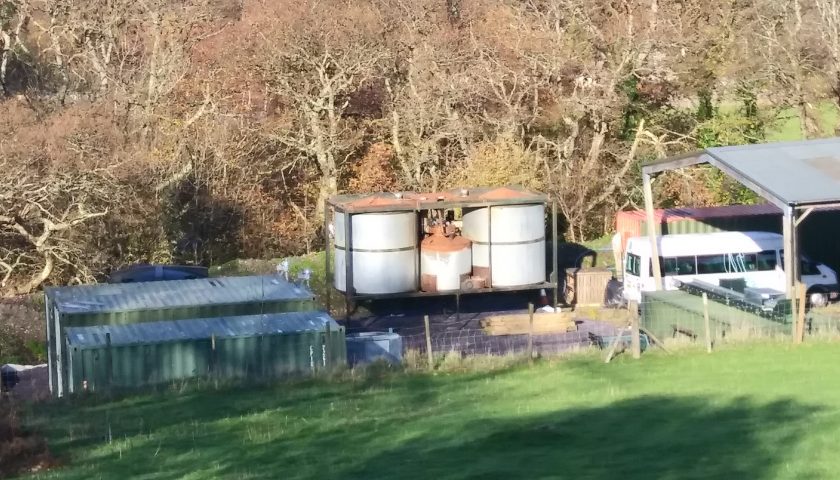
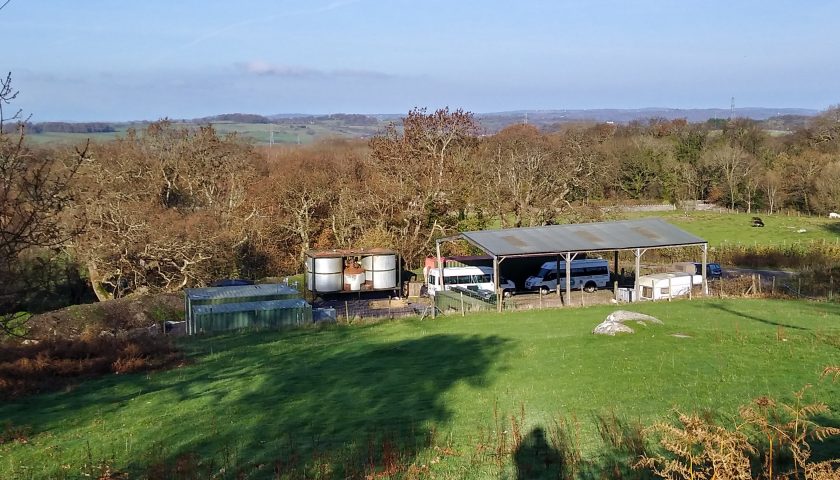
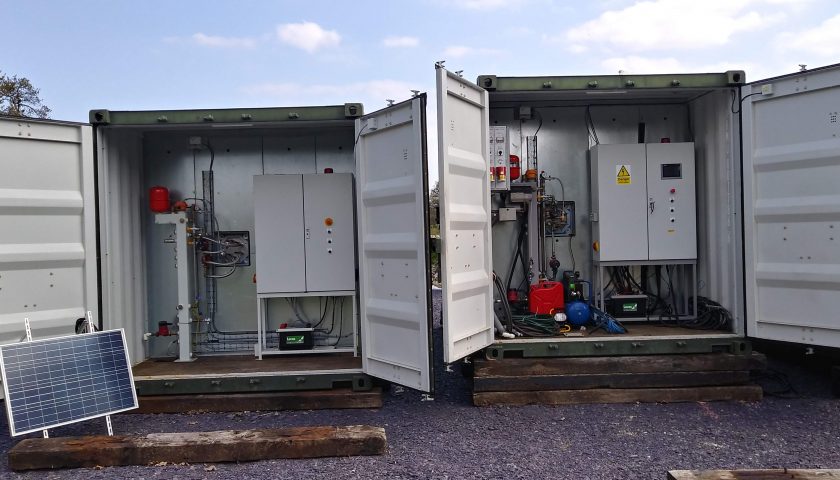
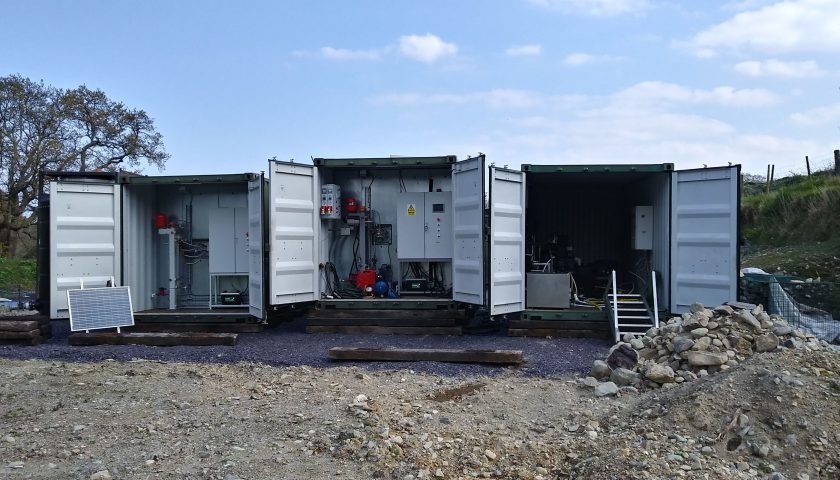
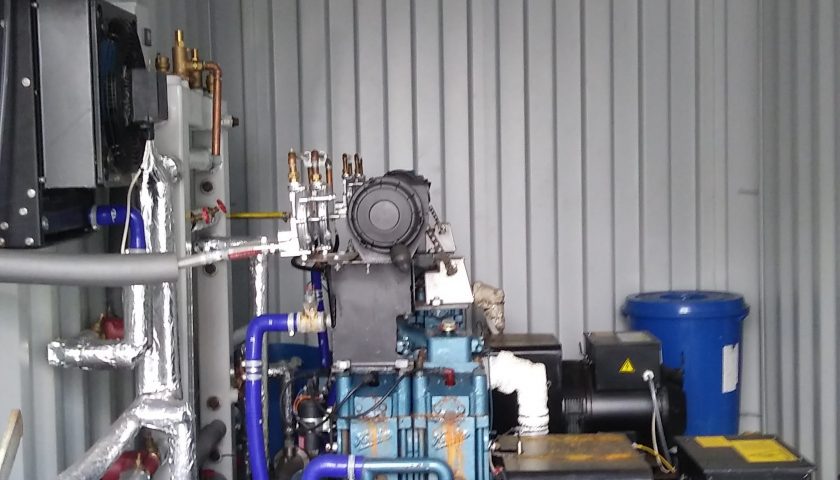
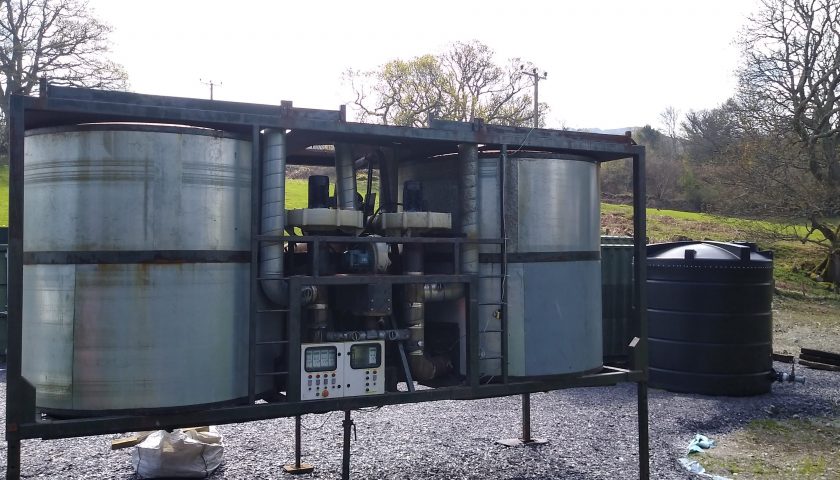
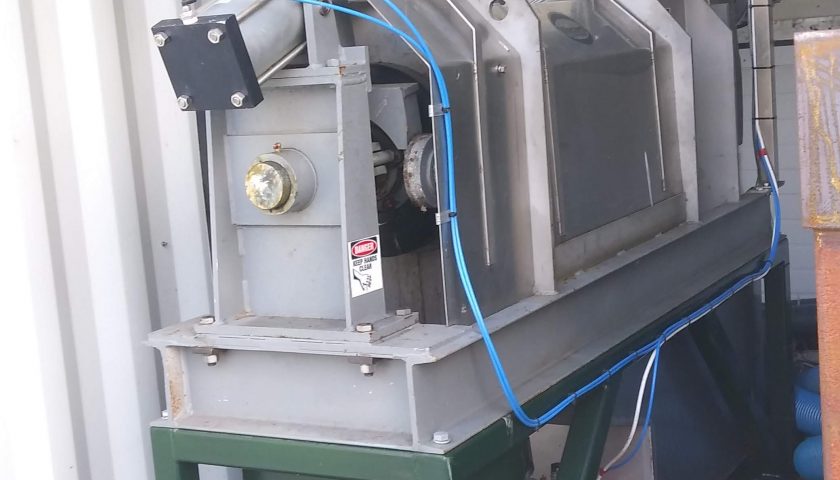
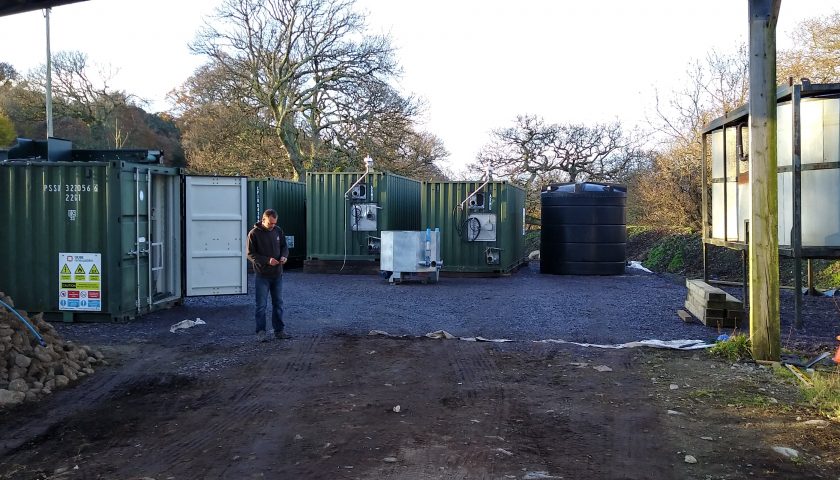
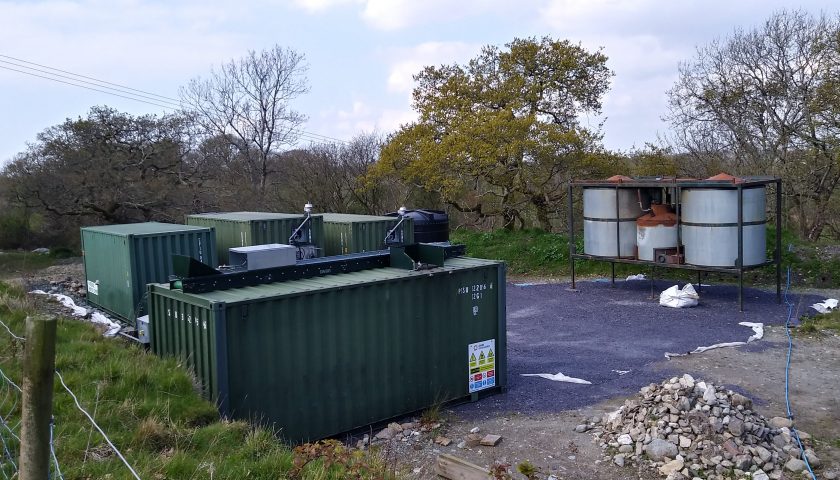
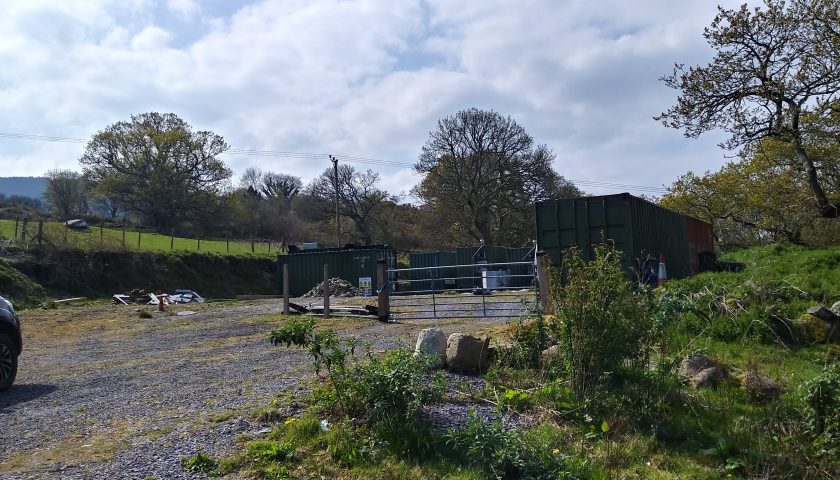
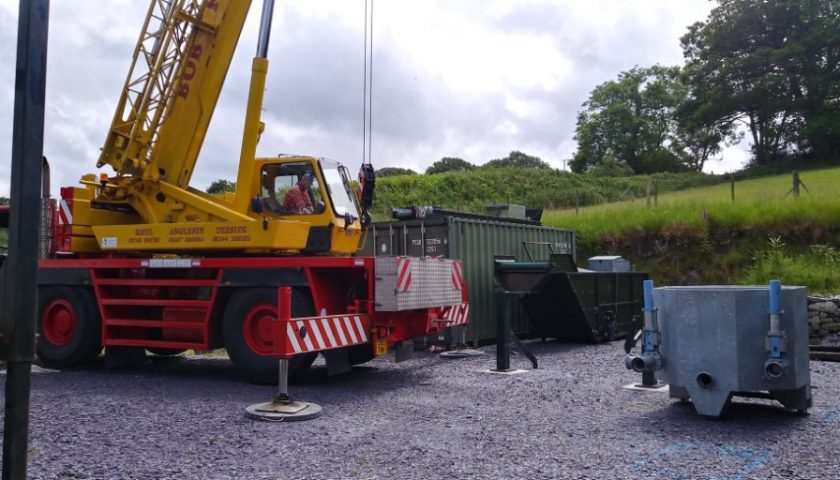
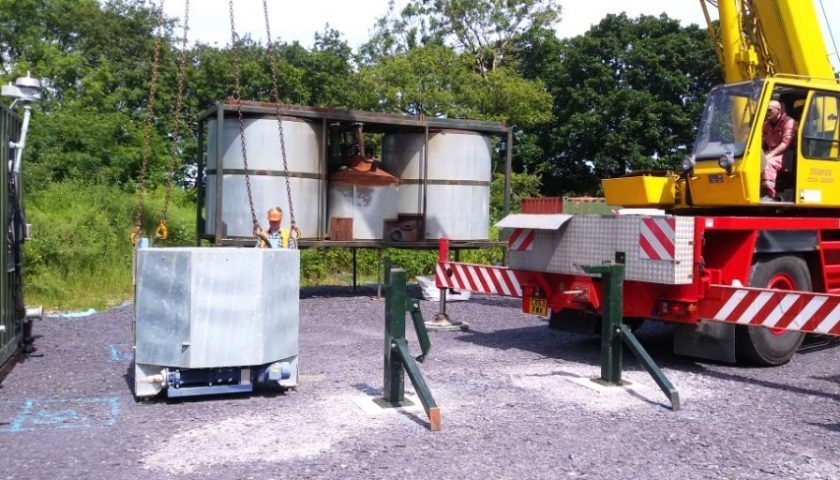
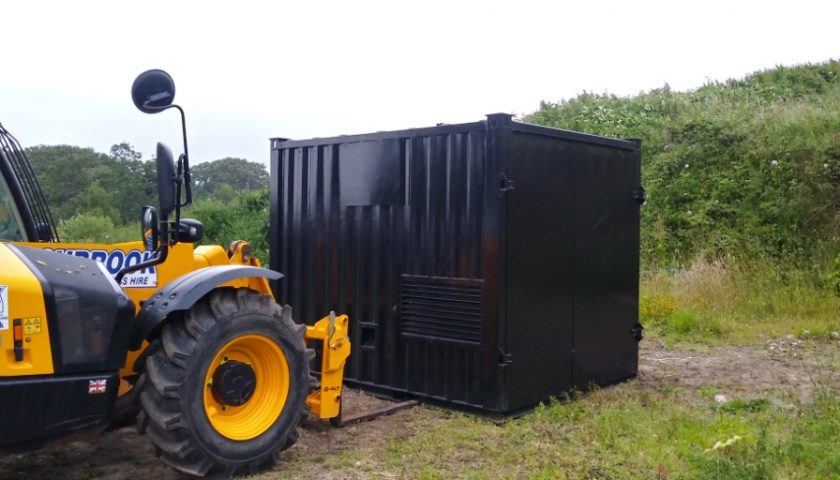
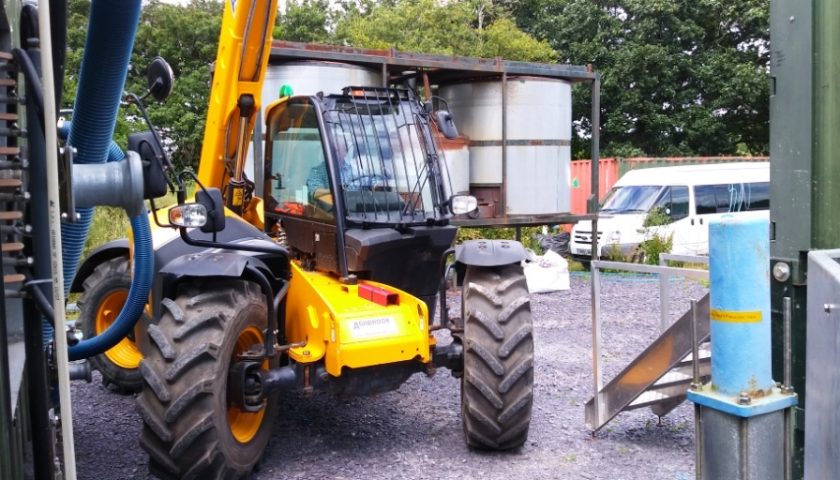
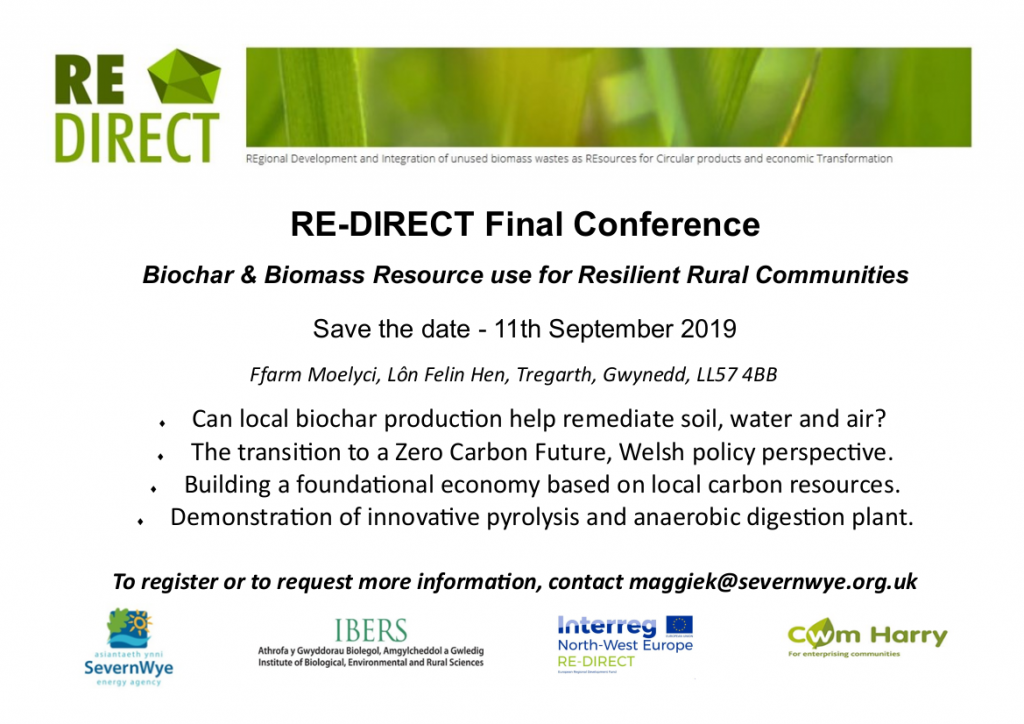
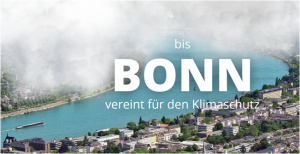 A team of RE-DIRECT will be at the world climate summit in Bonn, Germany from 06/11/2017 to 19/11/2017.
A team of RE-DIRECT will be at the world climate summit in Bonn, Germany from 06/11/2017 to 19/11/2017.